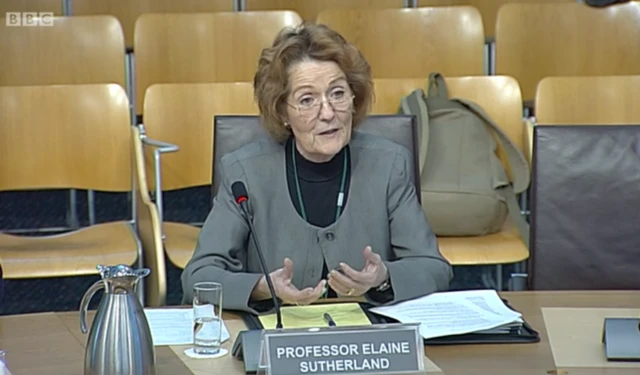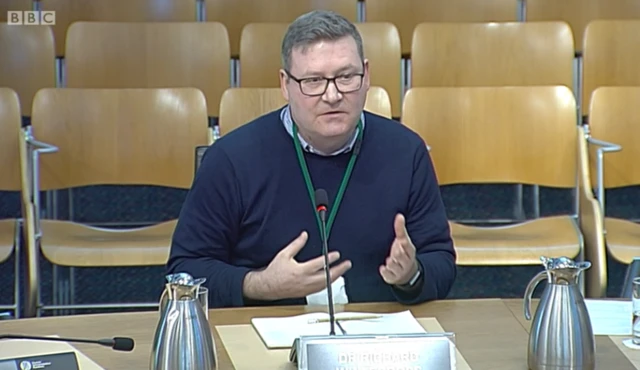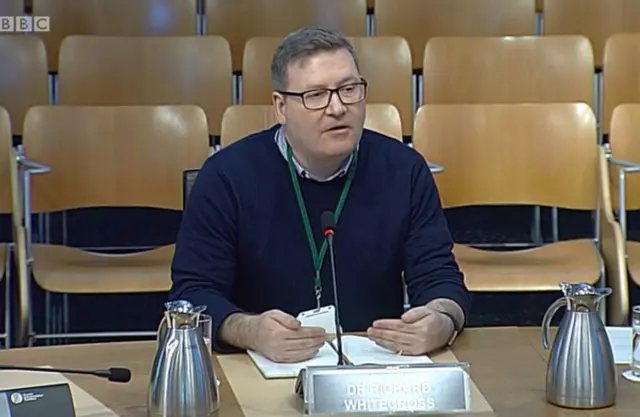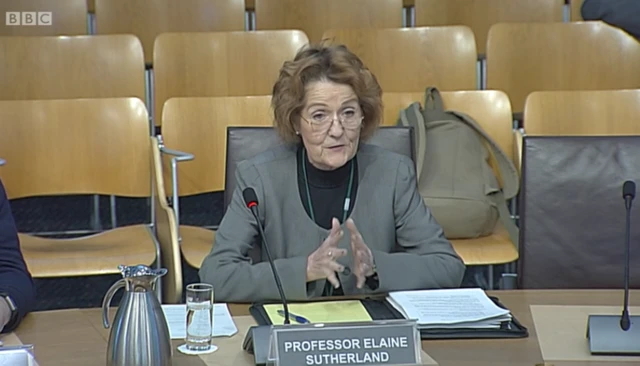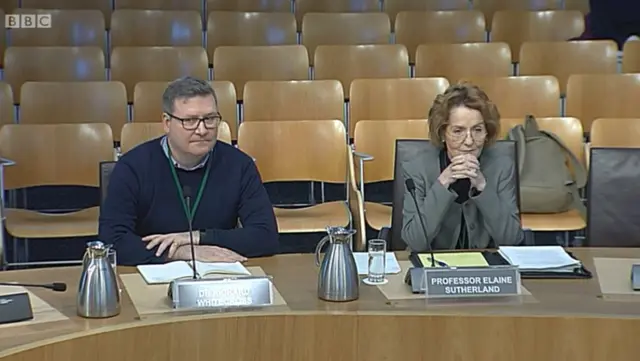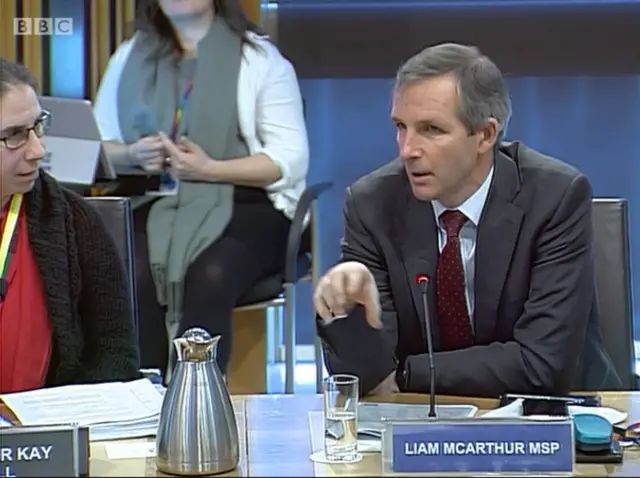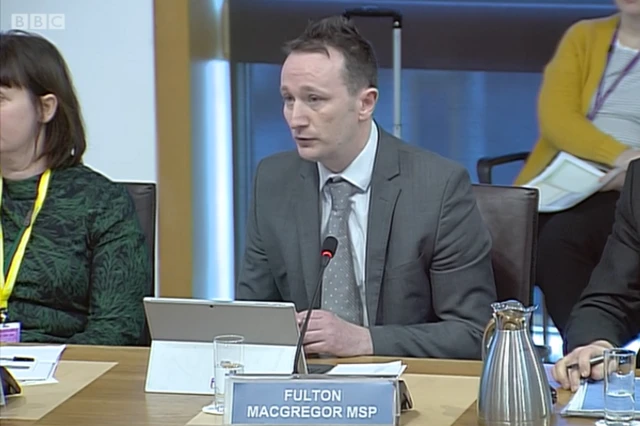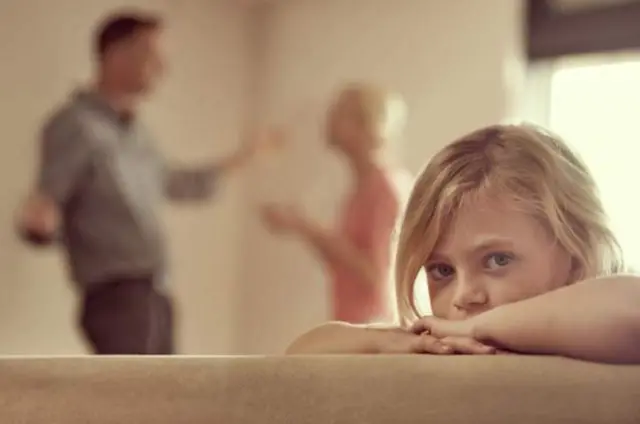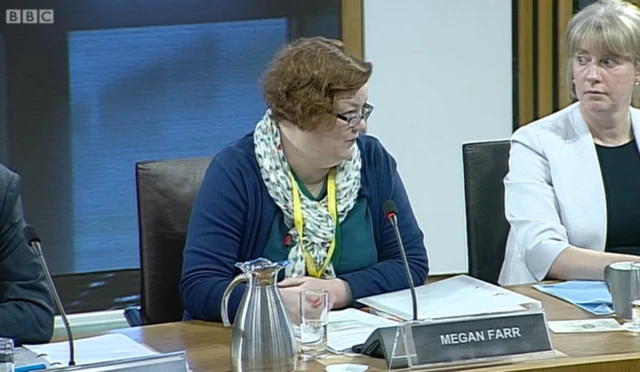Background: New bill is 'vital for child victims of domestic abuse'published at 12:04 GMT 17 December 2019
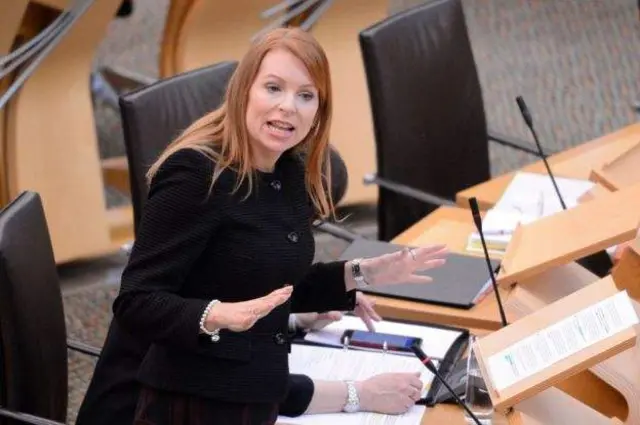 Image source, Getty Images
Image source, Getty ImagesCommunity safety minister Ash Denham says the family justice system should not contribute to children's distress
Under the new legislation, child welfare reporters, who may be appointed when the court has been asked to resolve a dispute between parents, would be regulated.
This would ensure reporters are trained to understand and respond to issues such as domestic abuse and coercive control.
The Scottish government said other improvements include prohibiting a party from conducting their own case if there was a vulnerable witness.
Campaigners have welcomed the publication of the bill.
Dr Marsha Scott, chief executive of Scottish Women's Aid, said: "This piece of legislation will be vital for child victims of domestic abuse, as well as their mothers."
